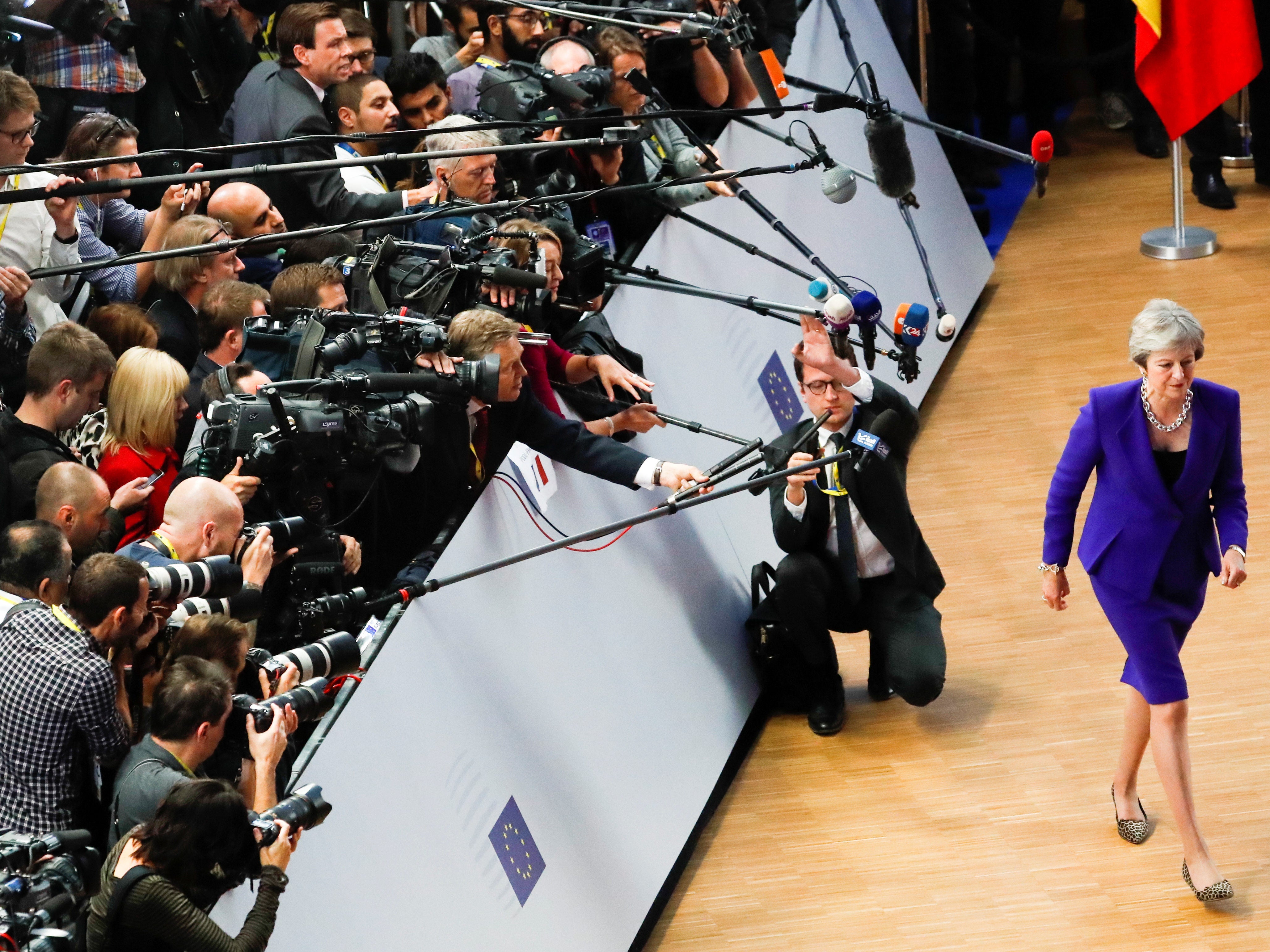
Just two per cent of British adults put a “great deal” of trust in journalists to tell the truth, according to research by Yougov and Cambridge University.
A total of 16 per cent of the more than 2,000 British adults (18+) surveyed said they had a “fair amount” of trust in journalists to tell the truth, while the vast majority (77 per cent) said they had little to no trust in journalists.
The remaining five per cent said they “don’t know”.
By contrast, only a quarter of respondents had the same view of academics, with 64 per cent saying they trusted people in the profession.
Yougov also found that Leave voters were more likely to distrust the media than Remain voters.
Those who voted Conservative at general elections were found to have slightly less trust in journalists than their Labour and Lib Dem-voting peers, the research also showed.
Respondents based in the Midlands had the least trust in journalists to tell the truth compared with other regions, as were those in the 50 to 64-year-old age bracket.
Journalists were found to be distrusted roughly as much as people who run large companies, UK Government ministers and senior US Government officials.
Researcher Dr Hugo Leal said he hoped the findings would “provide incentive for academics to reclaim a more active role in the public sphere, particularly when it comes to illuminating the differences between verifiable truths and demonstrable falsehoods”.
The wide-reaching research project, published on Friday last week, also looked at where British adults went for their news.
It found that just under a third still read print newspapers at least twice a month, with the same number accessing newspaper websites.
News websites and blogs not associated with a print newspaper were found to be less popular, with a quarter visiting them two to three times a month.
Broadcast outlets were the most popular sources of news, with 70 per cent of respondents saying they got their news from TV and 48 per cent via radio.
Social media platforms were the third most popular source of news – ahead of magazines and newsletters.
The majority of those who said they got their news through social media at least twice a month did so through Facebook (70 per cent).
Twitter was the most second popular social media platform for accessing news (34 per cent) with Youtube coming in third.
A fifth of Brits said they used the video platform, which is owned by Google parent company Alphabet, to access news.
But researchers claim that consuming news through the platform was linked to believing certain conspiracy theories, such as climate change denial in Britain.
Google has been contacted for a statement on the research.
Picture: Reuters/Yves Herman
Email pged@pressgazette.co.uk to point out mistakes, provide story tips or send in a letter for publication on our "Letters Page" blog

